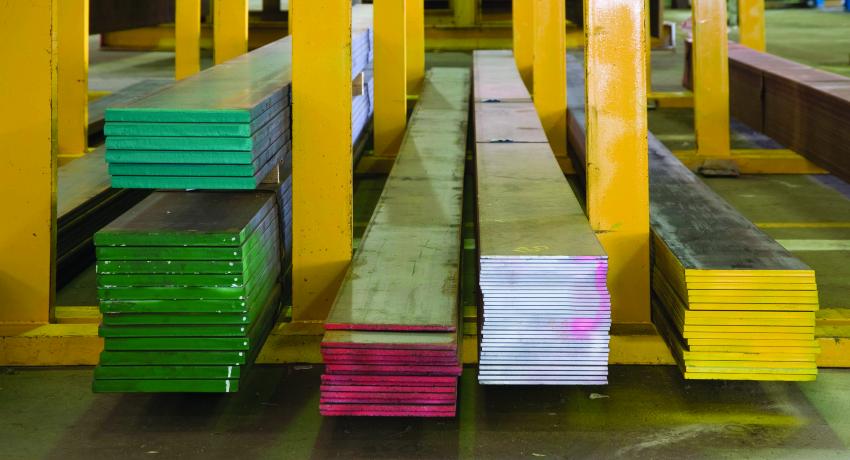Italian steel coil prices have likely reached a floor, with prices expected to move up thanks to the country’s economic recovery, higher energy costs and protests against the introduction of national COVID-19 mandates, market sources said Oct. 19.
Demand had returned to the market with buyers needing to increase stocks, although high costs, logistic problems and COVID-19 safeguard rules were decreasing access to products, sources said.
The government is implementing a “Green Pass” requirement to work in the country. This would show whether a person has been vaccinated against COVID-19, has recovered from the virus in the last six months or has tested negative in the past few days. The move has led to anti-Green Pass protesters striking at ports, impacting some capacity, as well as trucks transporting steel.
“In Italy about 13% of workers are not vaccinated, which corresponds to about 3 million workers,” an executive from Assofermet, the association of Italian service centers, told S&P Global Platts. “It is estimated that about 2 million workers, equal to 9% of workers, do not have the possibility of obtaining the Green Pass due to an insufficient number of COVID tests available”
One market source was optimistic about prices, noting that Italy’s economy was already starting to improve due to the vaccination rollout, but added “the Green Pass in Italy will make things difficult.”
Another market source said he had heard about some trucks being unable to enter at port at Ravena due to the protestors.
Sources said the real impact was less than seemed based on domestic headlines, but added there were real issues linked to the Green Pass.
One of these is that some drivers had been vaccinated with the Russian Sputnik COVID-19 vaccine, which had not been approved by the European Medicines Agency, meaning they could not receive the Green Pass.
With protestors having started to occupy key areas such as ports and city centers in Italy on Oct. 15, the country had started to experience a shortage of drivers of large trucks.
“The costs for unloading and for the handling of goods at ports have increased significantly compared to last year,” the Assofermet executive said. “The storage costs have remained substantially unchanged but we must consider that, due to the increase in the quantities in storage at the ports, the storage periods necessary for the disposal of the quantities consequently increase, thus increasing the overall cost.”
HRC ex-Italy slid Oct. 19 by Eur5/mt week on week,, to Eur932/mt base.
— Annalisa Villa, Amanda Flint






